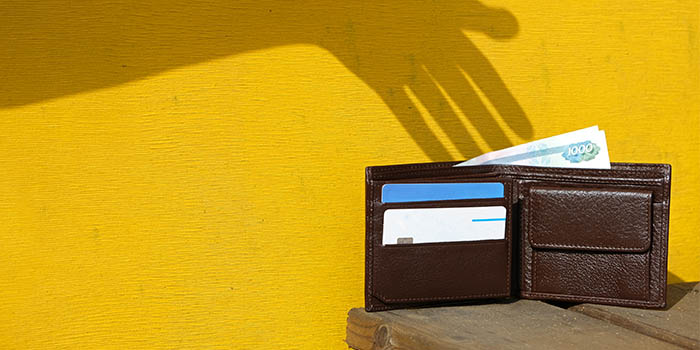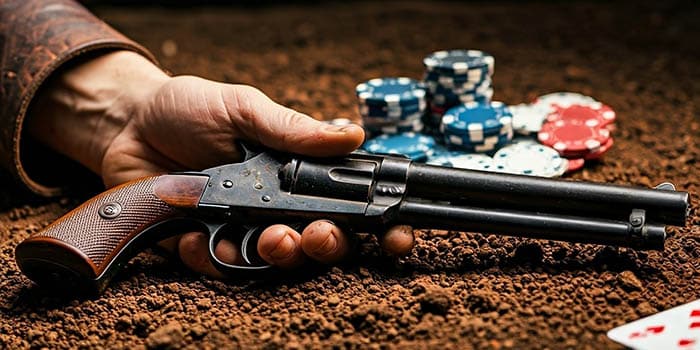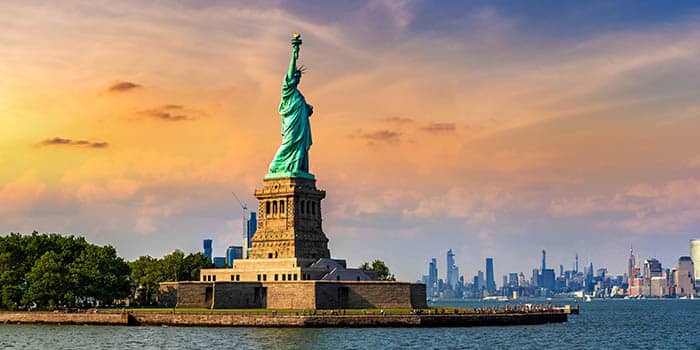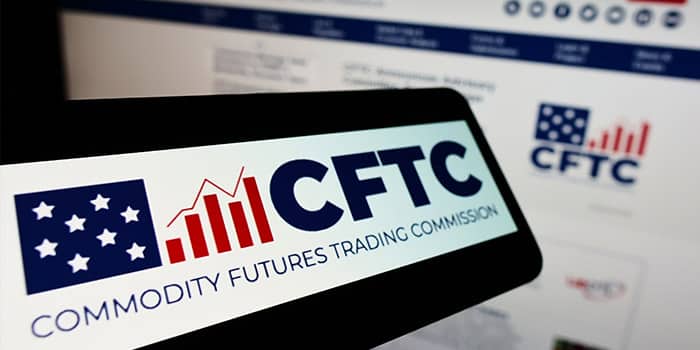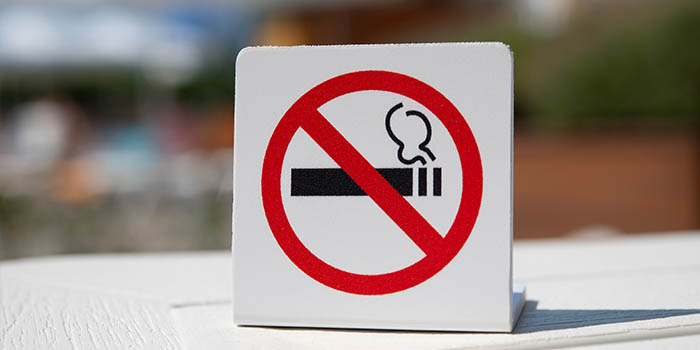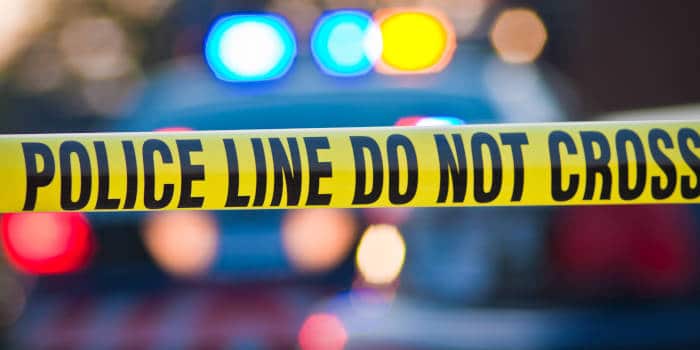- Casino
- By State
- Alabama
- Alaska
- Arizona
- Arkansas
- California
- Colorado
- Connecticut
- Delaware
- Georgia
- Florida
- Hawaii
- Idaho
- Illinois
- Indiana
- Iowa
- Kansas
- Kentucky
- Louisiana
- Maine
- Massachusetts
- Maryland
- Michigan
- Minnesota
- Mississippi
- Missouri
- Montana
- Nebraska
- Nevada
- New Hampshire
- New Jersey
- New Mexico
- New York
- North Carolina
- North Dakota
- Ohio
- Oklahoma
- Oregon
- Pennsylvania
- Rhode Island
- South Carolina
- South Dakota
- Tennessee
- Texas
- Utah
- Vermont
- Virginia
- Washington
- West Virginia
- Wisconsin
- Wyoming
- By State
- Slots
- Poker
- Sports
- Esports
New Orleans Casino Revenue Down By 31% in December

Another month of revenue losses for Louisiana with New Orleans being the gambling market worst hit by the pandemic.
Casinos Are Open, Albeit at 50% Capacity
The New Orleans casino market experienced a 31% decrease in revenue in December to $35.9 million from nearly $52 million in December 2019, thus becoming the gambling market that suffered the biggest plunge in the state of Louisiana.
In November, the city’s gambling revenue went down as well going from $50.8 million a year ago to $32.3 million. The downward trend is due to the slowdown in tourism caused by Covid-19 and the further restrictions to limit the spread of the virus. Casinos are operating at 50% of their normal capacity to adhere to social distancing recommendations.
According to the latest figures from the Louisiana Gaming Control Board (LGCB), the 13 riverboat casinos, Harrah’s land-based casino and four racinos in the state generated about $161.9 million during December.
L’Auberge Baton Rouge is Louisiana’s Only Facility with Profit
Statewide, casino revenue was down more than 21% in December compared to the same month in 2019. All properties, except for one, reported losses in December’s revenue compared to 2019, continuing the downward trend for a highly taxed sector that is a big contributor to state finances.
L’Auberge Baton Rouge was on the rise by 1.2%, the report shows. Every other facility that remains open reported a decrease, which was by double digits in most of the cases. Diamond Jacks in Bossier City shut down permanently in October. The Isle of Capri Casino in Lake Charles was heavily damaged by Hurricane Laura and will remain closed until Spring of 2022.
Video poker revenue in Louisiana posted an increase of 2.4% in December to $54.5 million from $53.2 million. Revenue from video poker truck stops went up 11.9%, thus mitigating the decrease from bars (38.8%) and restaurants (10.9%).
The three New Orleans area riverboat casinos experienced a 22.6% drop in revenue. Boomtown New Orleans posted a 14.4% drop to $8.3 million from $9.7 million. Treasure Chest had a 28% drop from $8.6 million to $6.2 million. Winnings at the Amelia Belle were a no exception experiencing a 32.4% decline from $3.4 million to $2.3 million.
Louisiana’s gaming industry lost $830 million in revenue through November 2020. Also, there were at least 4,790 lay-offs within the sector at some point during the year. Horseshoe Entertainment in Bossier City only eliminated 978 positions on March 31.
Related Topics:
Although Fiona doesn't have a long-spanning background within the gambling industry, she is an incredibly skilled journalist who has built a strong interest in the constantly growing iGaming network. The team at Gambling News is glad to have her on our roster to help deliver the best stories as soon as they hit. Aside from writing, she loves to dabble in online casino games such as slots and roulette, both for her own enjoyment and also as research to better improve her understanding of the industry.
Previous Article

Industry
January 22, 2021
Iowa Operators Enjoy Remote Sports Betting Registration Benefits

Must Read
Industry
April 15, 2025
Brazil Weighs Stricter Rules on Gambling Advertising
More Articles




Casino
April 18, 2025
Florida HB Seeking to Upgrade Illegal Gambling Punishments

Legal
April 17, 2025
Appeal to Keep Evolution’s Accuser Anonymous Denied
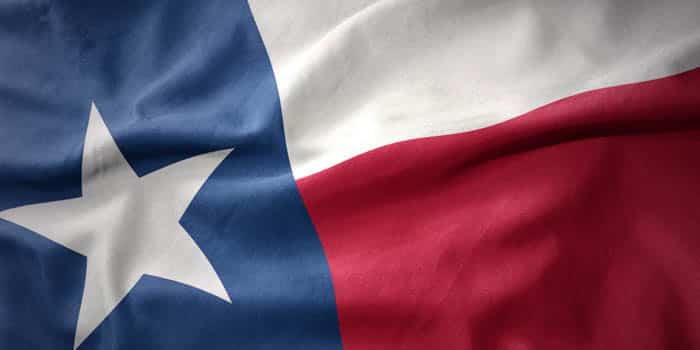
Lottery
April 17, 2025
CTLC Says Its Members Didn’t Violate the Texas Law


